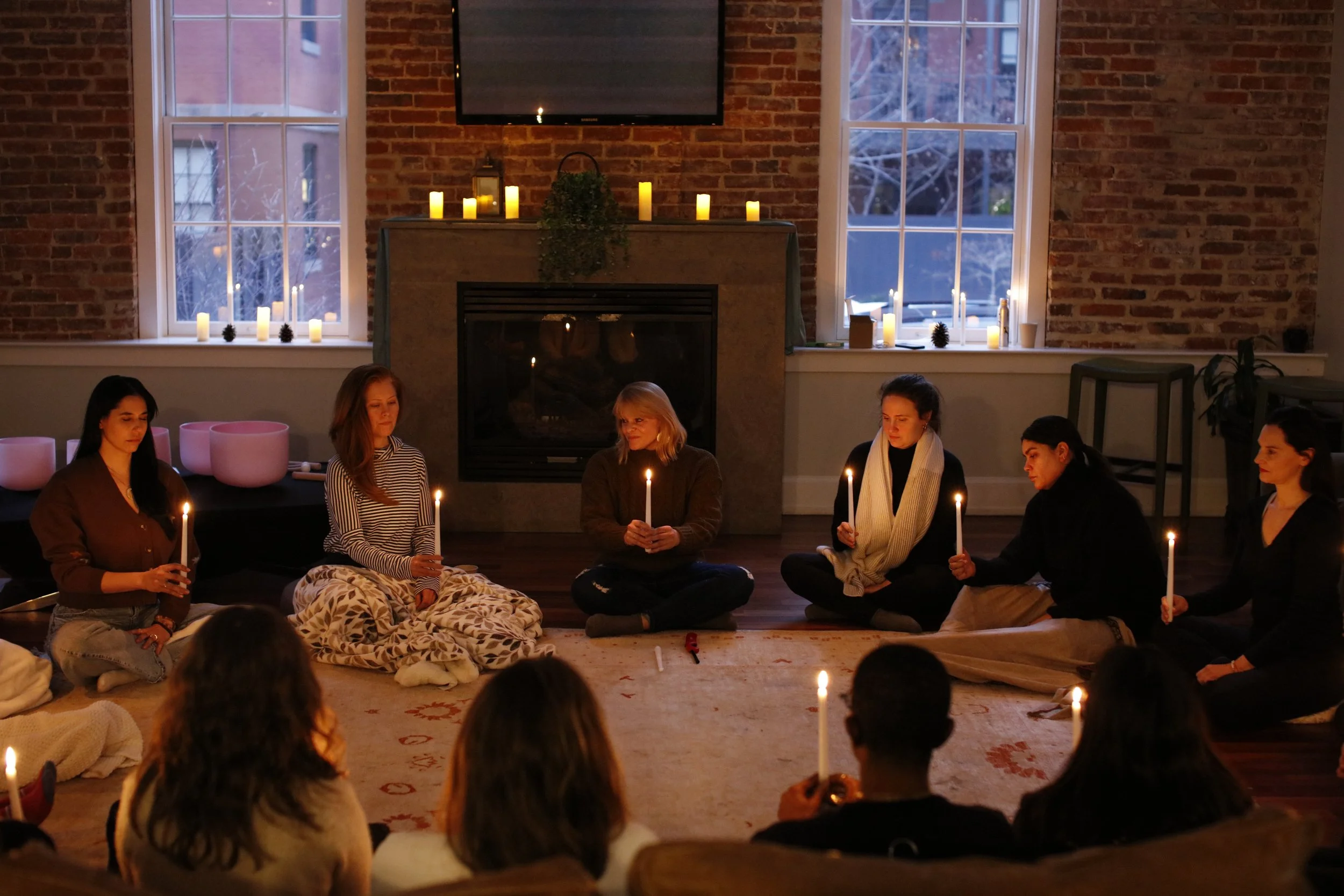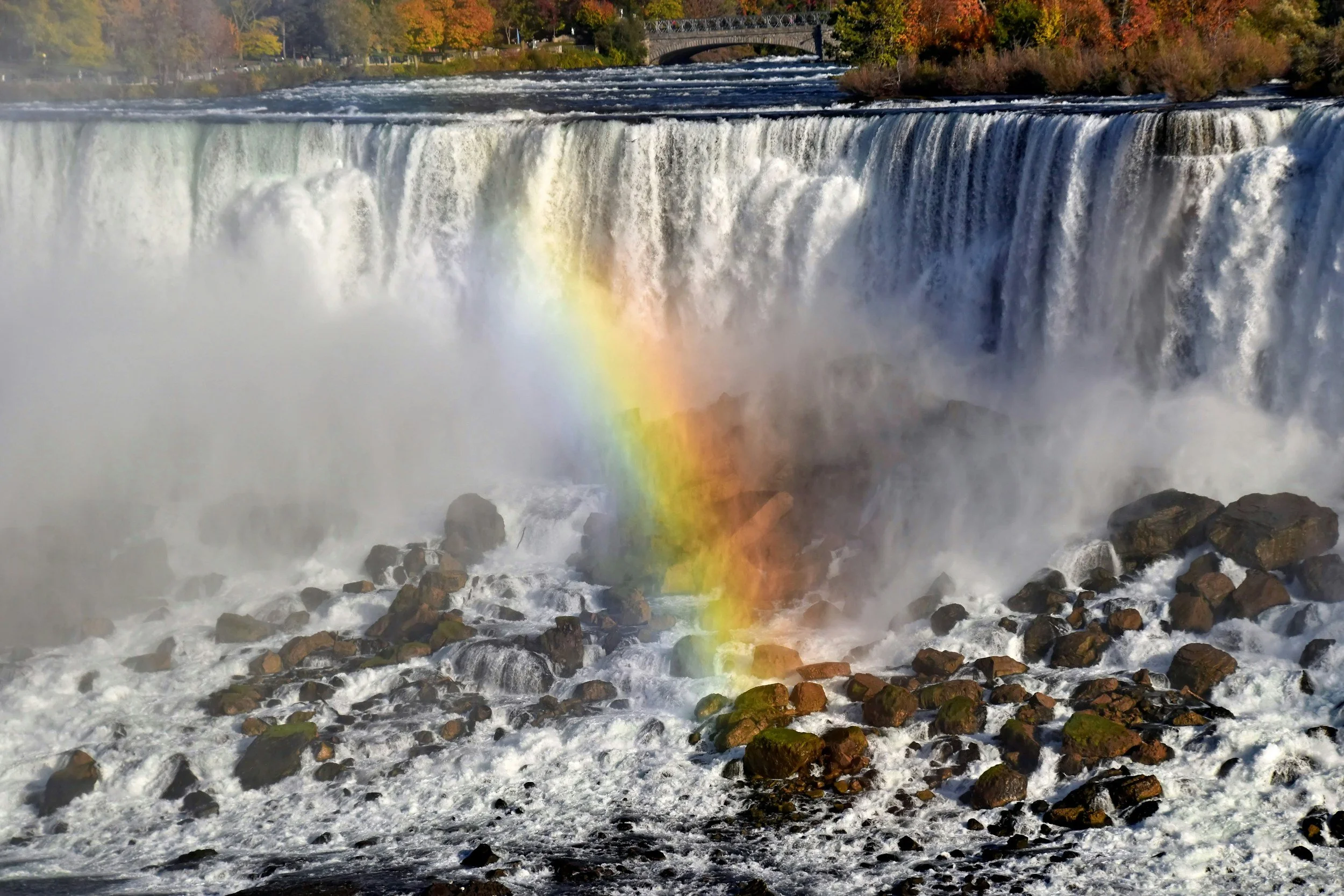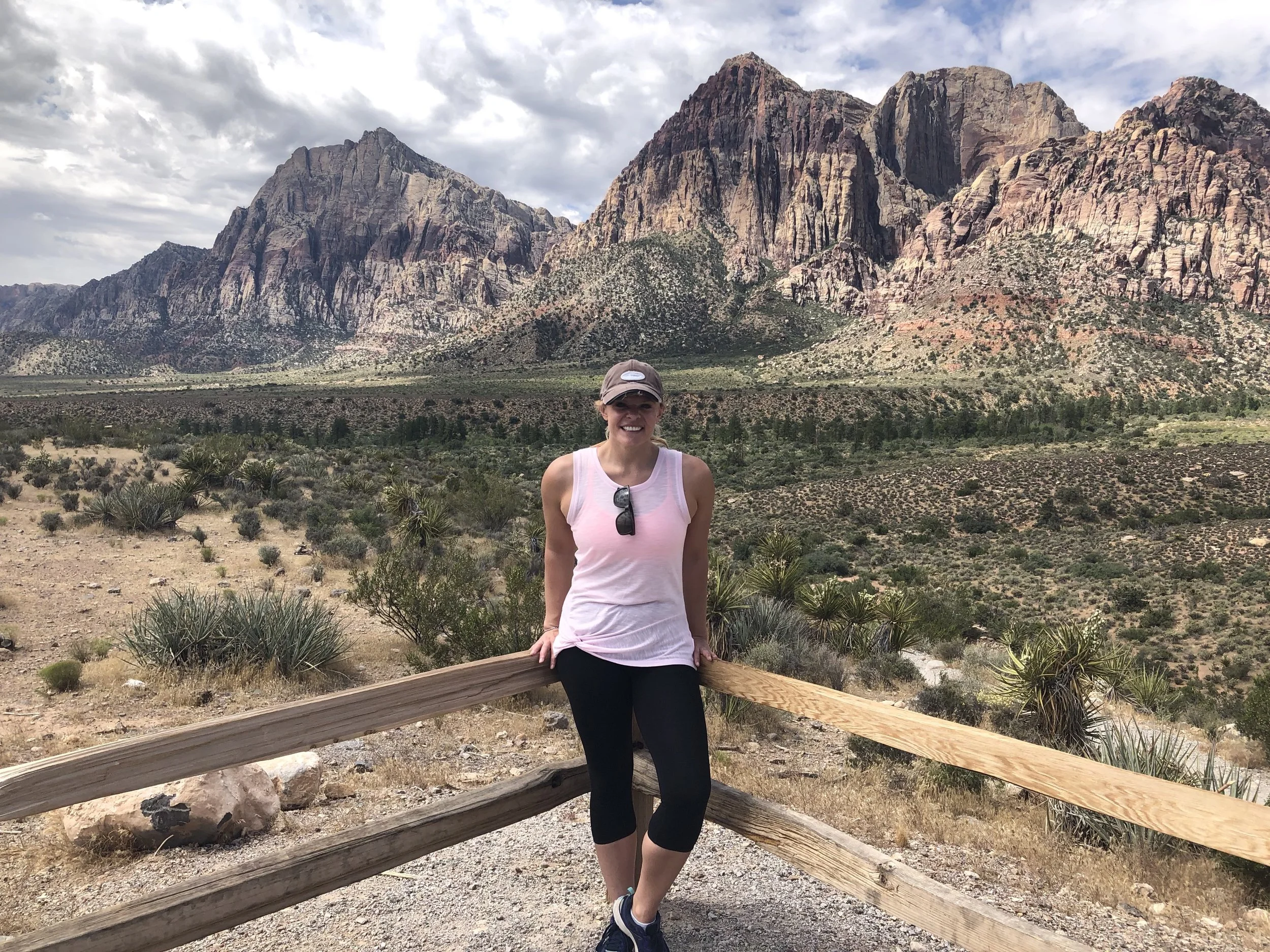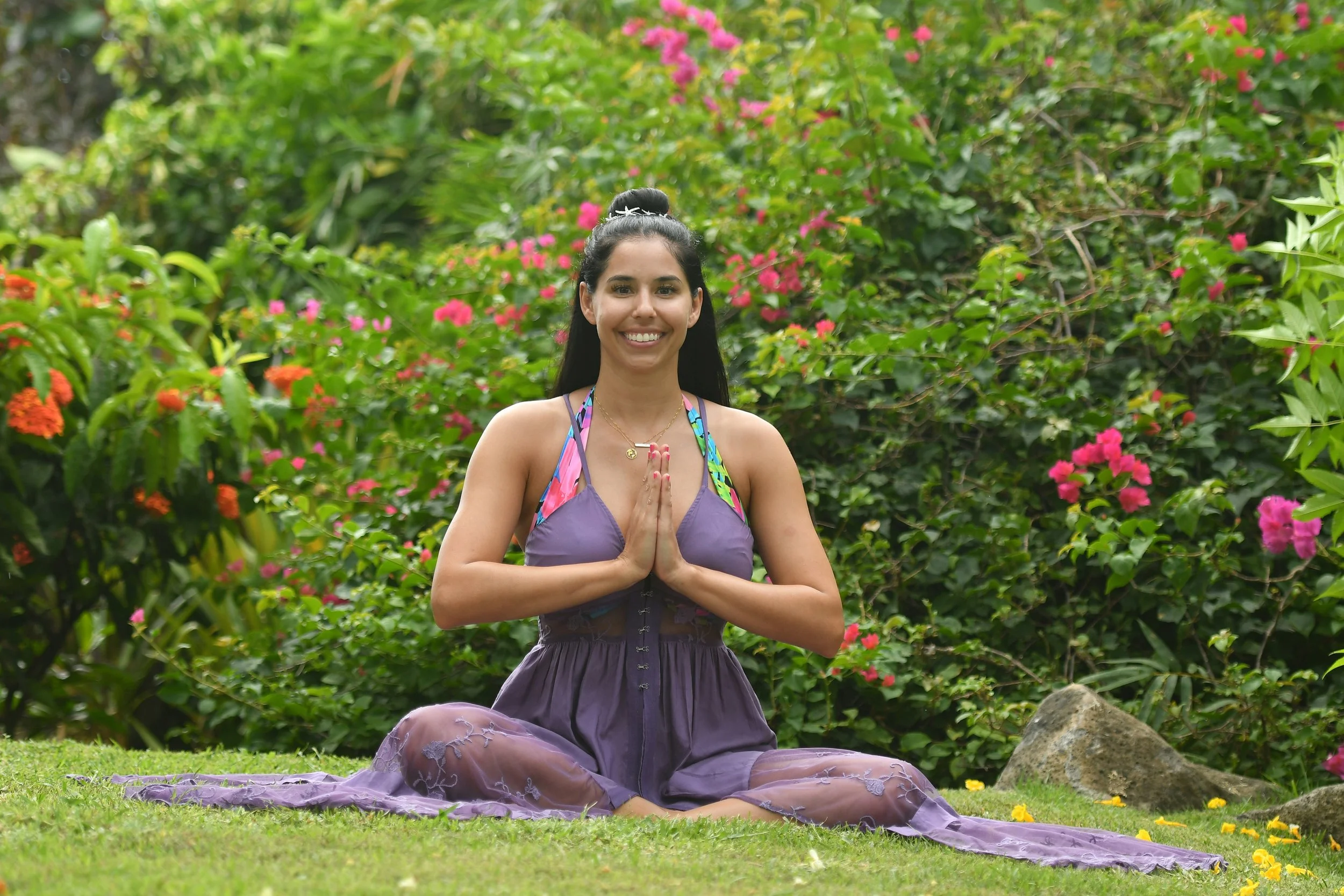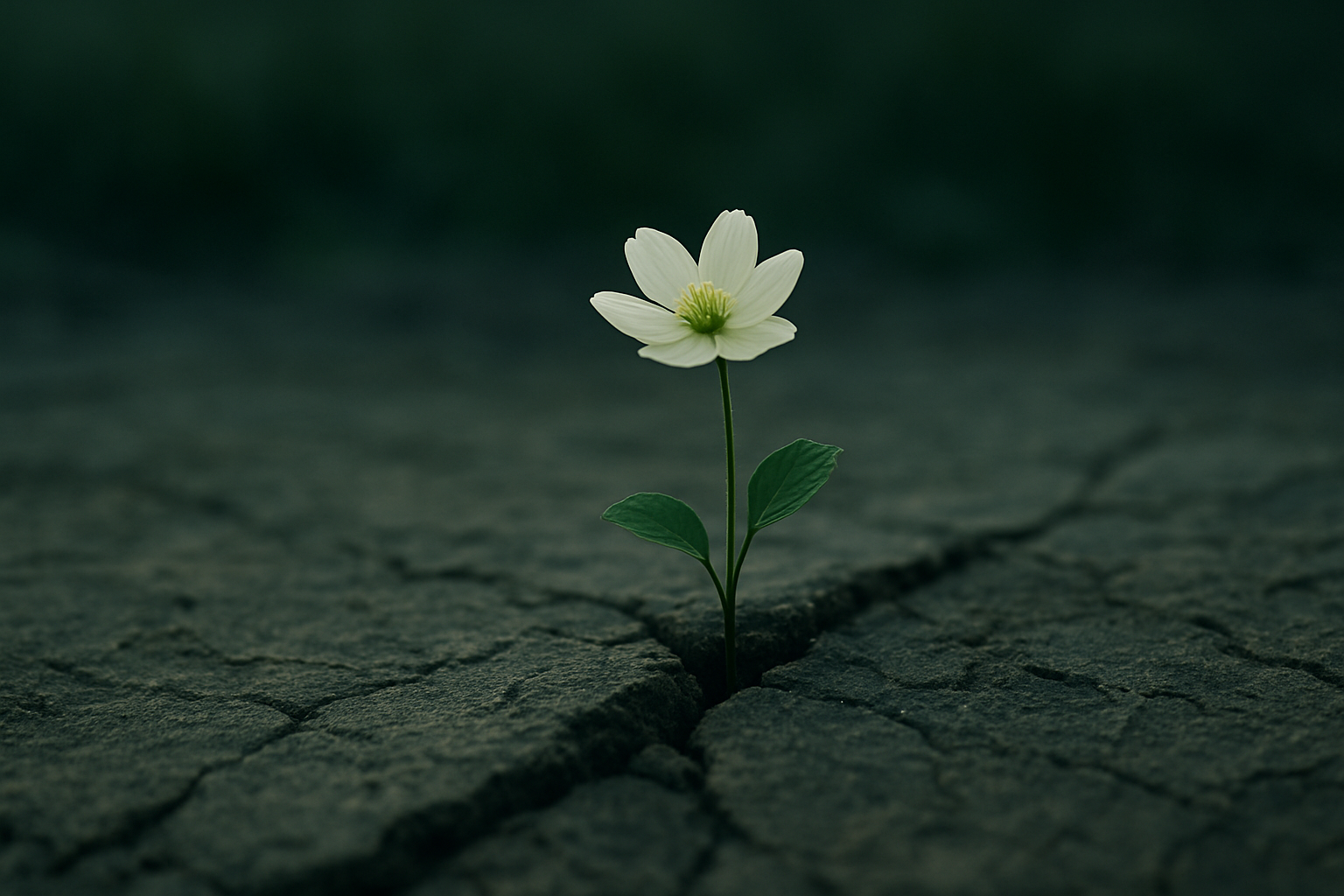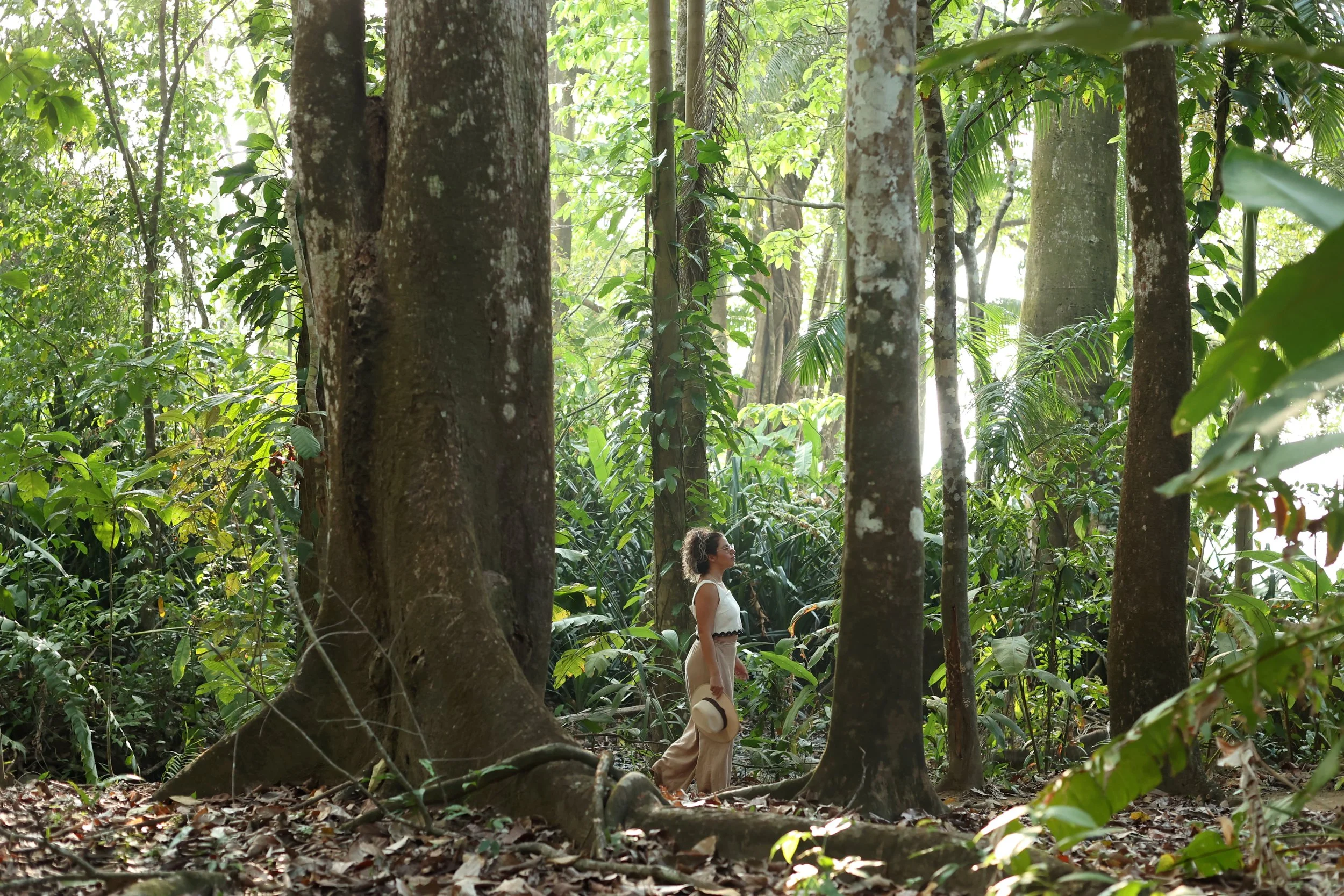
The Moonwake Review
Stories and insights on nature-based wellness, personal growth, and the philosophy behind Moonwake Retreats
What Is The Five Element Method?
The Five Element Method is Moonwake’s nature-based framework used to guide our retreat participants through an intentionally sequenced arc of renewal. Our method is rooted in the five elements of nature —Water, Air, Fire, Earth, and Stardust — using science-backed practices, ancient ritual, and nature immersion to create lasting transformation and healing.
Why Costa Rica’s Osa Peninsula Is Perfect for Wellness Retreats
The Osa Peninsula is more than a destination - it’s an opportunity to return to yourself. This tiny corner of the world is secluded and untouched. It’s surrounded by extraordinary biodiversity, rooted in a community that deeply respects nature, and guided by the spirit of pura vida. It’s the perfect place for the type of wellness retreat that encourages you to slow down, reconnect, and begin again.
The Science of Awe and Why Wonder Is Essential for Our Nervous System
Science shows that awe isn’t just a nice feeling, it’s deeply restorative. Awe reduces stress, increases connection, and returns us to the present moment. It can also help us access clarity and perspective during times of burnout, life transition, or grief.
Meet the Founder: Michelle Risinger
Meet Michelle Risinger, Co-Founder and Director of Possibilities at Moonwake Retreats. Drawing from leadership psychology, wellness coaching, and embodied movement, Michelle shares how reflection, integration, and the wisdom of Water shape the Moonwake retreat experience.
Meet the Founder: Amanda Schmidt
A closer look at Amanda Schmidt, Co-Founder and Director of Magick at Moonwake Retreats. From ritual and ceremony design to sound healing, Reiki, and local partnerships, Amanda shares what guides her work and the inspirations that shape each retreat.
Power That Blooms in The Quiet
Explore a new leadership paradigm rooted in rhythm, intuition, and sustainable power. This post invite you to rethink traditional models of leadership and embrace matriarchal strengths like rest, intuition, sovereignty, nurture, and collective belonging.
Returning to the Wisdom of Nature
A reflection on how nature teaches us to return to ourselves. This post explores the wisdom that arises when slow down, listen, and allow the natural world to guide us - offering insight into calm, presence, and inner clarity.

